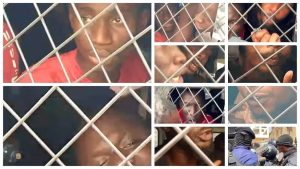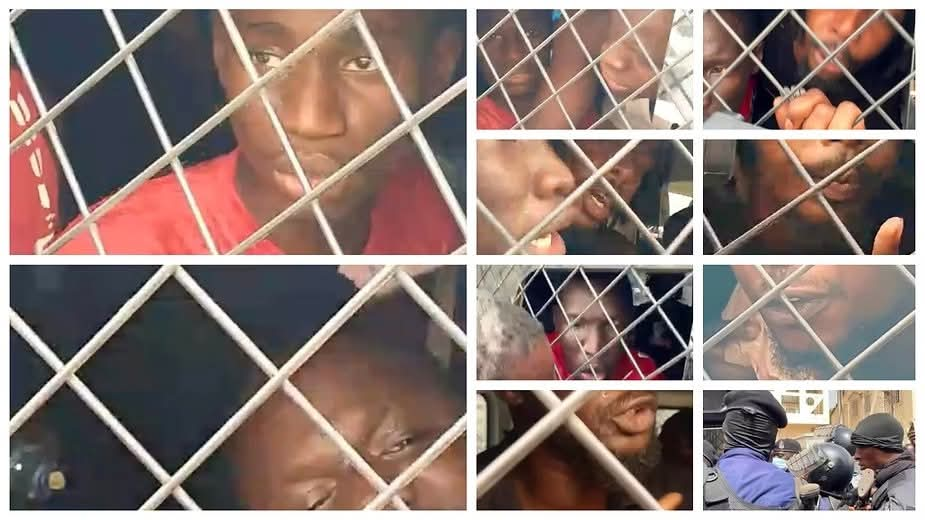History sometimes has an unusual way of repeating itself. We can recall that in 1981, shortly after the Kukoi Samba Sanyang insurrection, which was accompanied by wanton looting of goods and merchandise, the government set up a Commission for Looted Goods, and we can all recall the controversy that ensured in the way and manner that situation was handled.
Here we are again today, more than 40 years later, Gambians are demanding that the government come out clean on the sale of the assets of former President Yahya Jammeh.
However, unlike the Commission for Looted Goods in 1981 which was set up by the government, this time round, it is a self-appointed Gambians Against Looted Assets (GALA) which is calling on the government of President Adama Barrow to explain what they did with the assets and other properties that they seized from former President Yahya Jammeh.
Indeed, GALA is responding to popular public demand that the government come out quite clean on how they handled the Jammeh assets, how they were disposed off, who bought them and how much was realised from the sale, which is quite a legitimate demand.
Therefore, the police seem to have made a big mistake in the way and manner they handled the application by GALA to come out to make a peaceful protest against the handling of the Jammeh assets. It is quite obvious that if the Inspector General of Police had simply issued the permit and allowed GALA to go ahead with their peaceful protest, they would have simply made some noise, chant a few slogans and eventually go home, with everyone satisfied. However, denying the permit seems to have resulted in confrontation between the young people and the police which has the potential of developing into an unpredictable situation. Therefore, I feel that it was ill-advised for the IGP to deny the permit and order the police to arrest those who came out to protest. The situation is likely to escalate to more arrests and confrontation as the young people seem to be quite determined to convey their message to the authorities and it has the potential to lead to an ugly scenario.
With this current situation, one would tend to ask what has become of the “Never Again” mantra which was coined during the Truth, Reconciliation and Reparations Commission (TRRC). It reminds us of similar scenarios during the Yahya Jammeh regime which led to violence and even deaths; such as the April 2000 student demonstrations, the April 2014 protest in which Solo Sandeng was tortured to death at the NIA and which also eventually led to other violent confrontations with the security forces. Therefore, this unfolding situation could have been handled differently if only the IGP had engaged the young people rather than resorting to the use of force against them.

With the advent of social media, we are living in volatile times and such situations need to be handled with the utmost care or they risk turning ugly. We all saw what happened in neighbouring Senegal when the Macky Sall regime also resorted to use of force against the demands of the young people, which eventually led to a regime change.
We are all aware of the poor image of the Gambian police and other security forces during the Yahya Jammeh era, which was quite clearly depicted during the proceedings of the TRRC. Therefore, in view of that, we expect the police to be quite restrained this time around in their handling of any such scenario, lest they risk being accused of going back to their old ways under the Jammeh regime. Some of the scenes shown on social media are indeed quite worrisome.
However, it is still not too late to avoid an all out confrontation. The IGP should accept that the young people have some genuine grievances and be willing to talk to them in order to find an amicable solution rather than continuing with the use of force. The current situation is certainly not in the interest of neither the police nor the very government that they are trying to protect; not even in the interest of the country as a whole.





